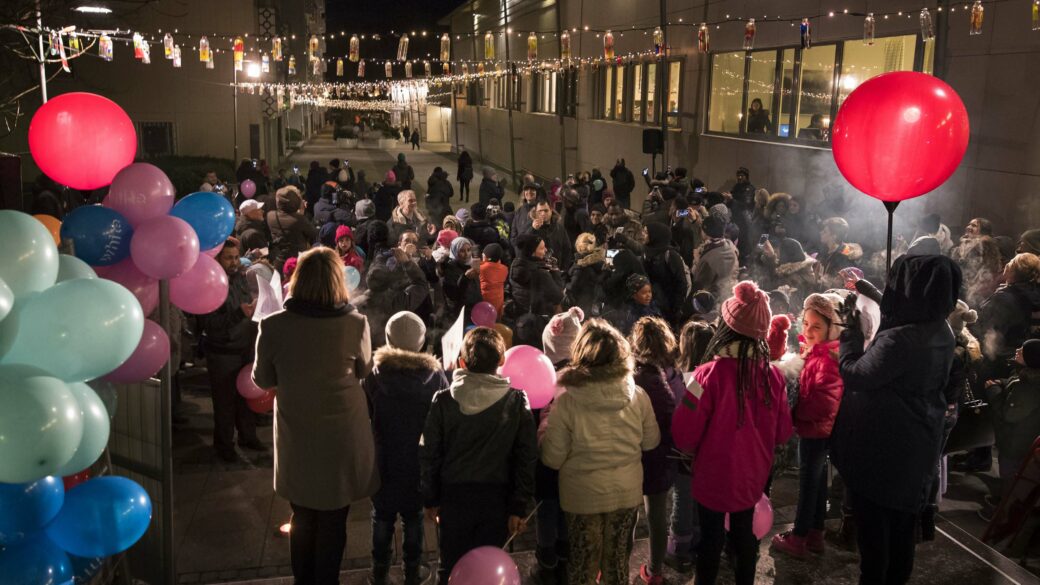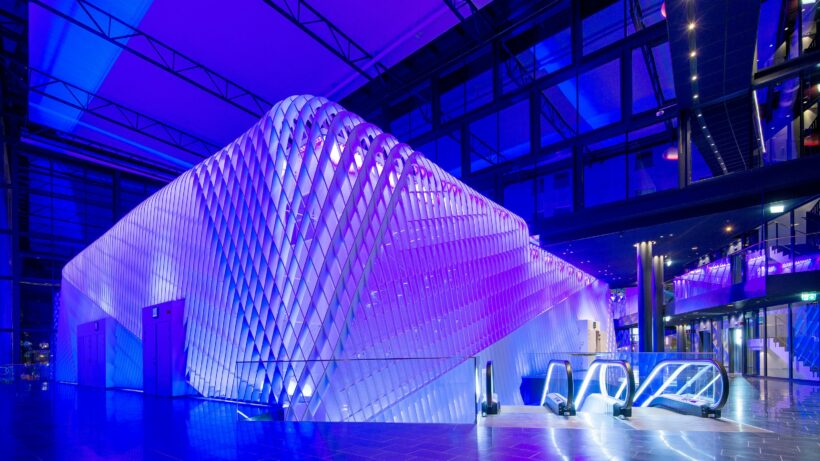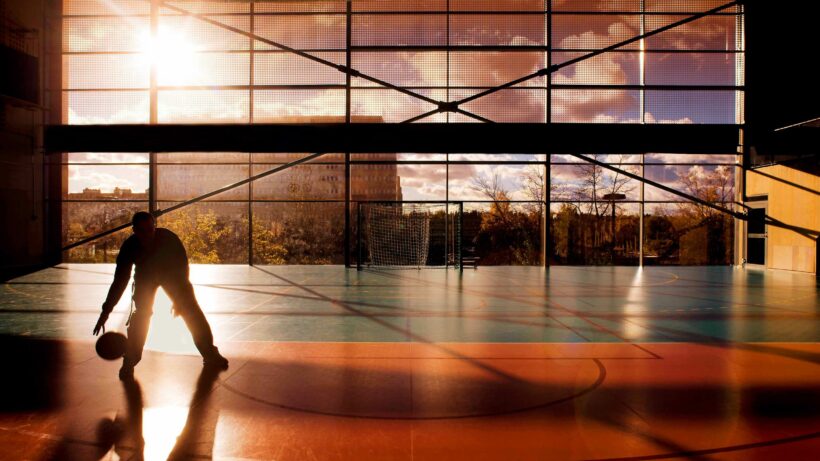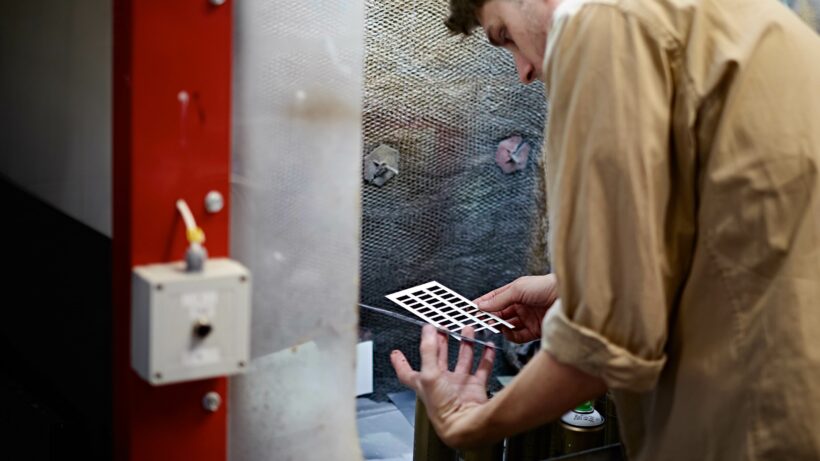Curiosity equals innovation
Research and development has been a fundamental part of our working culture since the practice was established in 1951. Today, knowledge and curiosity remain as fundamental business assets; our explorative culture is reflected in our investment; ten percent of our annual turnover is dedicated to R&D. Our employee ownership structure allows us to support R&D activities on a broad basis; from bottom-up initiatives in our assignments, to practice-based research in collaboration with academia. The White Research Lab focuses upon three key themes: equitable architecture, resource efficiency and informed design.



